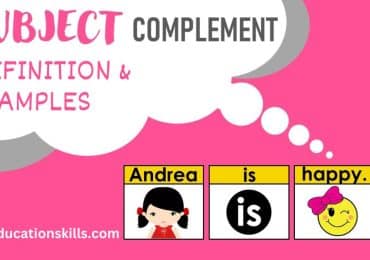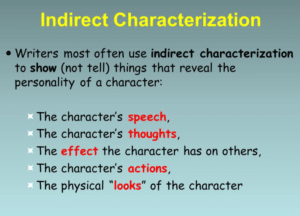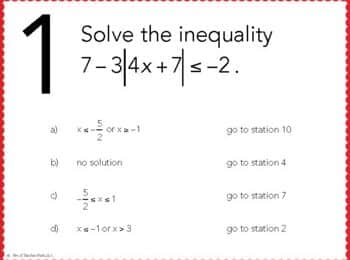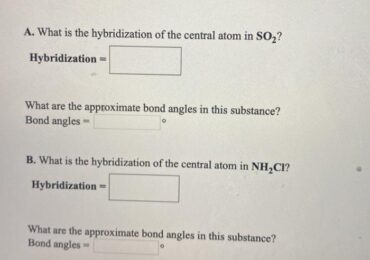Conflict theory states that tensions and conflicts develop when resources, status, and power are unevenly distributed between groups in society and that these disputes come to be the engine for social adjustment. In this regard, power can be interpreted as control of product resources as well as collected wide range, control of politics and the institutions that compose culture, and one’s social condition about others (determined not just by course but by race, gender, sexuality, culture, and religious beliefs, to name a few things). Let’s learn more about social conflict theory.
Rise of Conflict Concept
Numerous social theorists have built on Marx’s dispute concept to boost it, grow it, and refine it throughout the years. Discussing why Marx’s theory of transformation did not manifest in his lifetime. Italian scholar and activist Antonio Gramsci argued that the power of ideology was more potent than Marx had understood. Which more work required to do to get over social hegemony policy through common sense. Max Horkheimer and Theodor Adorno, crucial theorists who were part of The Frankfurt Institution, focused their work on just how the increase of mass society– mass-produced art, music, and media– added to the maintenance of social hegemony. More lately, C. Wright Mills drew on conflict theory to explain the rise of a tiny “authority” composed of armed forces. These financial and political numbers have ruled America from the mid-twentieth century.
Social Conflict Theory Definition
Several others have used the conflict concept to establish other sorts of vision within the social scientific research, consisting of feminist theory, integral race theory, postmodern and postcolonial idea, queer theory, post-structural concept, and concepts of globalization as world systems. So, while initially, problem theory described course conflicts specifically, it has lent itself for many years to research studies of how various other types of disputes, like those predicated on race, gender, sexuality, religion, society, as well as nationality, among others, belong of modern social structures, and just how they influence our lives.
Psychology of Learning – Social Conflict Theory
The psychology of understanding is maybe one of the most warmed topics in modern-day psychology. There are several contrasting theories and points of view in this field. The largest area of disagreement is the infant stage. Which ranges from giving birth to when the youngster initially begins to talk. During all phases of the kid’s life, play as well as knowledge is of paramount significance.
During the first institutional period called most theorists of the psychology of knowing (0-2 years). Youngsters find out by mimicking other individuals (especially the mom), checking out their atmosphere. Ritualizing play and eventually easy pretended. In the psychology of discovering, each of these comes with various phases. And one must learn all for a child to be able to engage with their setting productively.
The next phase defined by the psychology of knowing is the toddler and early youth phases (2-5 years). In which the critical way of learning is using symbols. It remains in this phase that a kid begins to find out the approximate links in between word sounds, images, and principles.
Given that cannot learn these connections through trial and error. The child must have as much support as feasible throughout this duration.
Social Conflict Theory Sociology
The psychology of knowledge and the ideology of language both place enormous value on this part of a child’s advancement. Additional essential exploration in the psychology of understanding is that children in this stage. And usage ‘off setting play.’ Which is the first evidence of kids trying to come to terms with their feelings.
According to the psychology of learning, children move their emotions or an event onto one more object. For example, a youngster that has recently scolded may seen reprimanding her doll. As a method of comprehending just how the scolding made her feel. When the child gets to ‘childhood years’ standing (7 years and up). Their knowing ability enhance significantly.
The psychology of discovering dictates that youngsters need to be given as many frameworks throughout this period. To instruct the youngster just how to connect socially. Gamings like hide-and-seek and board games are heavily backed those who exercise the psychology of knowing. Institutionalised games and arranged sporting activities play a vital role. In this phase of a child’s advancement.








